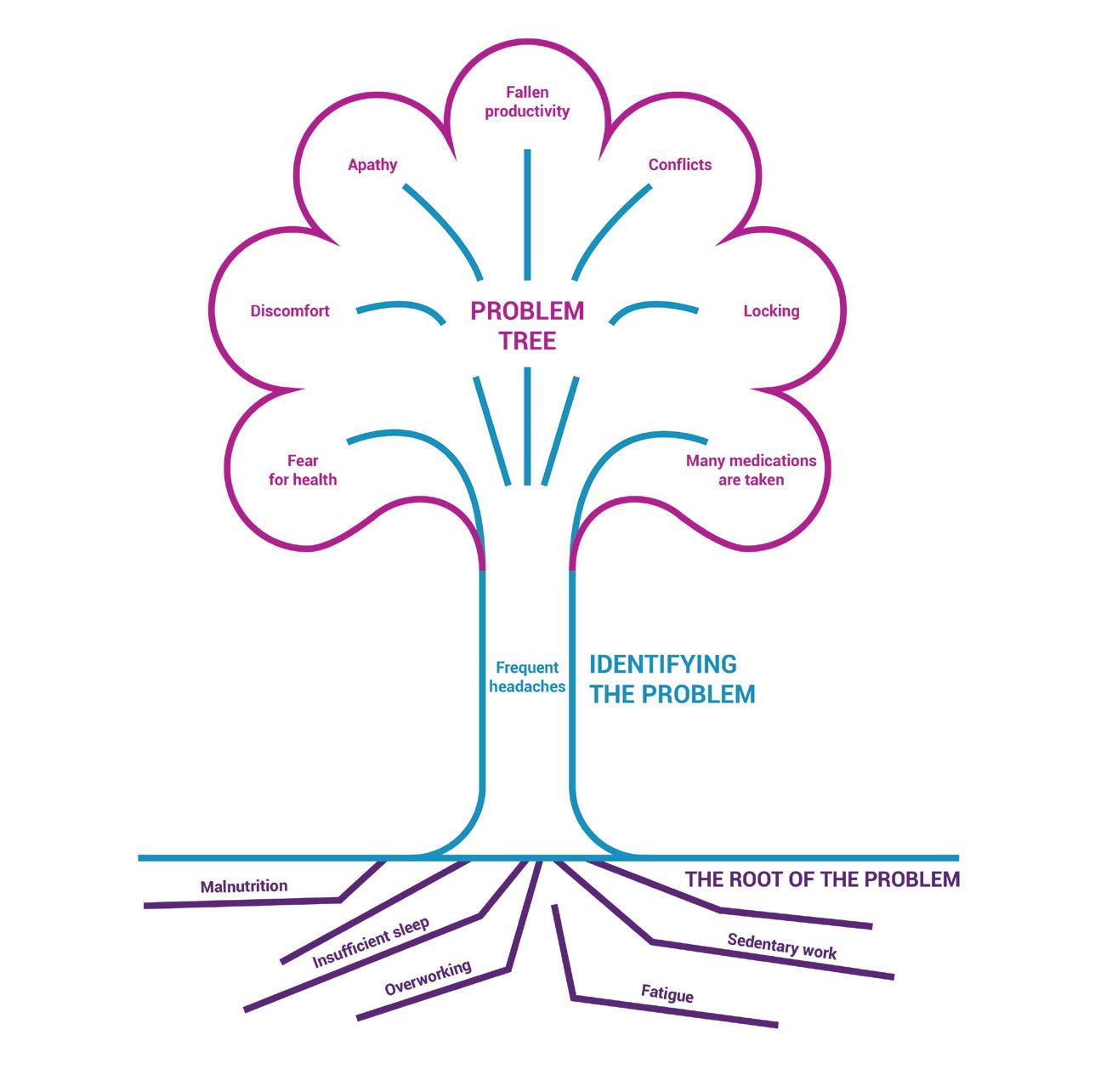INTRODUCTION CHAPTER 6
Development of youth entrepreneurial skills
CHAPTER 6
Development of youth entrepreneurial skills Author Nadzeya Putsiata
This part of the methodology could be dedicated to discuss a list of competencies, which we should help to acquire a young person who wants to become an entrepreneur. However, this would be profanation as in this case not only specific skills are important, but also the whole system of knowledge, experience and abilities. Therefore in this section, we will discuss how should we help young people to improve in all areas related to business. In any case, it is first and foremost important to realize that entrepreneurship is not an inborn talent, but a set of skills to be developed. You don’t come into the world as an entrepreneur, but you become one. Thus, developing a youth entrepreneurship skills development system, it is important to build on information of how knowledge is received by the human brain.
FIRST STAGE TO HELP A YOUNG PERSON TO UNDERSTAND WHY HE WANTS TO DEVELOP ENTREPRENEURIAL SKILLS A human being does not learn in order just to have knowledge, although sometimes we claim so. However, in such a case, when we learn only in order to have knowledge, information gained is quickly forgotten, and new skills and habits do not get established in everyday life. Knowledge alone cannot be the main goal of learning. Our brain is a complex system which strives to conserve energy. Therefore, it performs only those technical actions and functions which are necessary. If a person does not set a clear goal for himself (for his brain), the brain, without a clear technical task, will simply not create new neuronal connections because it will not understand what this is needed for. Therefore, in order for learning to be meaningful, it is first of all important for a young person to understand why he/ she wants to acquire entrepreneurial skills. Why this may be important to him/her (learning objective): •
to earn more;
•
to make a dream come true (for example, to start one’s own business);
•
to become independent;
•
to understand which activities suit him/her and which don’t and etc
IMPORTANT! 1. The young person himself/herself must feel what motivates him/her (the goal), so that it would not be just one of fashionable choices of the society. For example, two people want to find the way how to eat
38










